Hardness tests are also frequently called indentation tests. During these tests a tool is used to force an impression on the surface of the material; generally, one material is used to scratch another material or a series of materials. These tests are mostly done on metal or stone. Read More…
Custom Calibration specializes in on-site and laboratory calibration which will keep costly equipment downtime to a minimum and maximize your overall productivity. We have over 30 years of experience providing calibration services for mechanical, dimensional, scale, torque, humidity, and many more applications. Our company’s mission is to achieve total customer satisfaction by providing prompt, ...
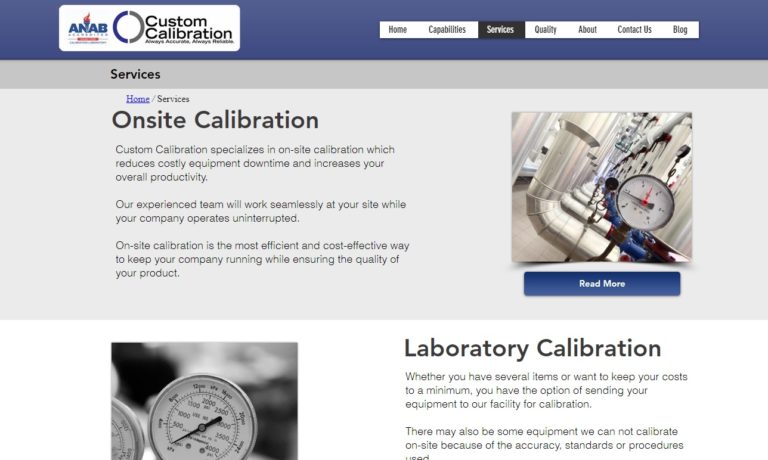
ISO/IEC 17025:2017 & ANSI/NCSL Z540.3 Accredited Laboratory. Electronic, dimensional, physical and thermodynamic calibrations performed onsite and in our lab. Professional ASQ Certified Calibration Technicians. We support the manufacturing and service sectors including; aerospace, automotive, chemical, electronic equipment, energy, food, industrial, machinery, medical, metal, military, nuclear,...
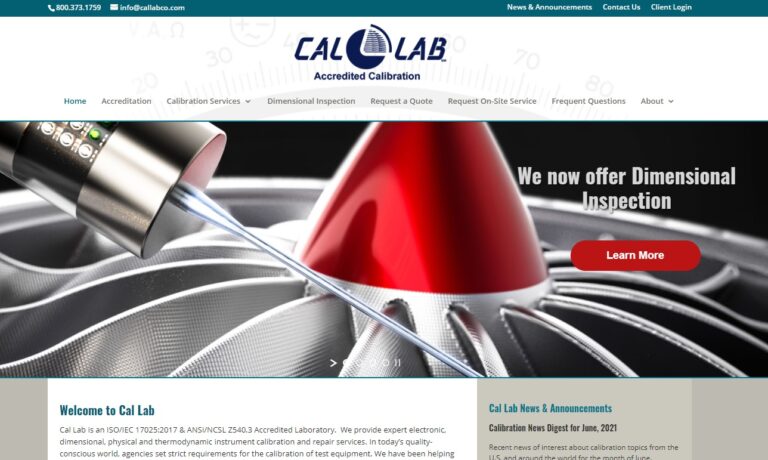
Continental Testing specializes in calibration, repairs, and testing services for the aviation industry. We have dimensional, electrical, lighting, physical, chemistry, and avionics testing capabilities. We offer on-site testing in at least 30 states and provide expert services in aviation, railroad, plumbing, electronics, tool & die, and construction sectors.
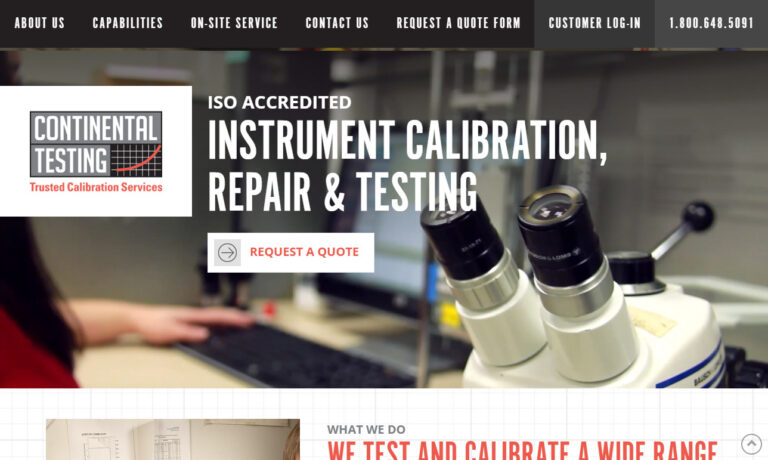
IN-CAL™ is a leading provider of calibrating services. Our comprehensive list of calibration services includes electronic calibration and mechanical calibration. Our services are available as on-site calibration and in-house calibration. We are ISO 10012-1 and ANSI/NCSL Z 540-1-1994 compliant.
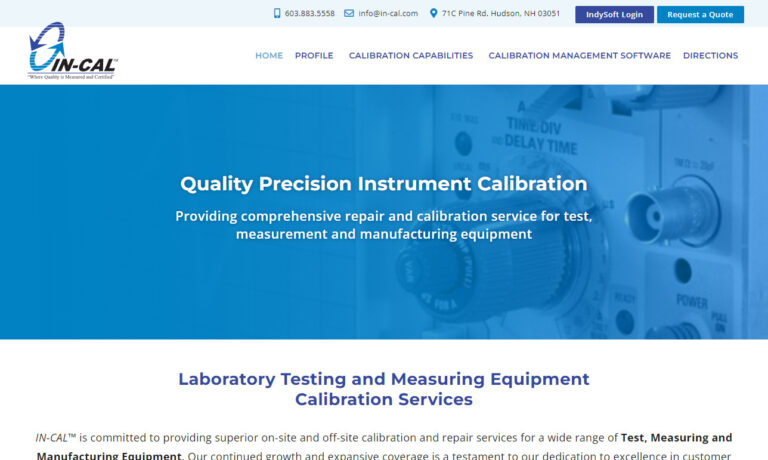
In a world where precision is paramount, Constellation PowerLabs stands as a beacon of trust, offering calibration services that transcend mere measurements. We are a partner in progress, working hand-in-hand with organizations to enhance their operations through the lens of accuracy, quality, and reliability. When you choose Constellation PowerLabs, you choose a steadfast commitment to...

Sierra provides accurate calibration services for mass flow meters and controllers, insertion thermal flow meters, vortex, and ultrasonic flow meters. With more than 40 years of expertise in gas, air, or liquid flow calibration, you can count on our team to make sure your flow meter operates with efficiency and pinpoint accuracy. We believe in providing personalized and customized service, and...
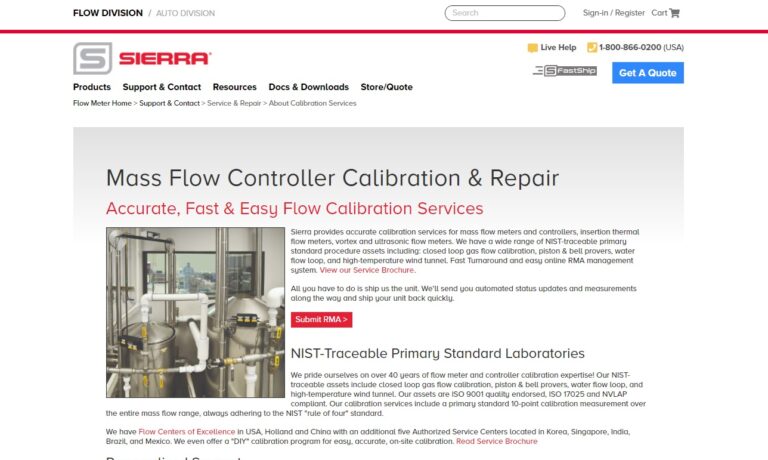
Grand Rapids Metrology is Michigan’s premier source for measurement and weighing solutions! Our dedicated service team offers an industry-leading scope of capabilities from ISO 17025 certification, to heavy capacity overhaul services, to custom solutions engineered to fit specific business needs. Let GRM’s 95 years of experience and technical expertise work for you.
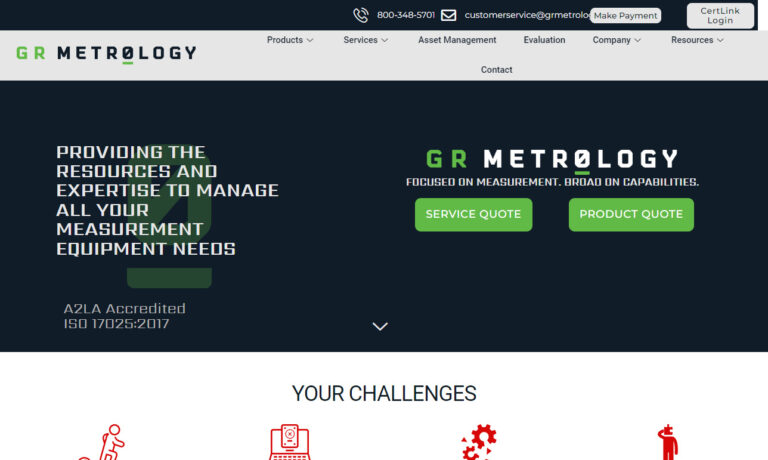
More Hardness Test Manufacturers
The results are compared and examined. Sometimes bending, scratching, cutting, abrasions or penetration is used to evaluate hardness as well. Hardness tests can be done manually by a worker using a sharp tool to gouge at the material's surface or it can be performed by a machine. Hardness cannot be automatically determined by calculating the fundamental units of mass, length and time. Instead, a hardness value is the result of a certain procedure that provides accurate responses instead of estimations. The Mohs Scale ranks materials on their ability to resist scratching by another material, one of the most common, basic and longest known techniques of taking a hardness test.
The results of hardness tests are used as basis for the comparison of materials, heat treatment, quality control and more. This is necessary knowledge for industrial and manufacturing companies to determine materials and specifications for parts and products.
Hardness tests usually measure the depth or area of an indentation left by a tool of a specific shape with a certain force applied to it for a period of time. There are three main testing methods that use this basic procedure. One of the most common is the Rockwell hardness test which uses a small steel ball for soft material or a diamond cone for harder surfaces. The depth of penetration is measured automatically by the machine and displayed as a Rockwell hardness number.
Another widely used method is the Brinell test. It also uses a steel ball which averages 10 millimeters in diameter. The Brinell hardness number (BHN) is closely related to the tensile strength of the material; this test, like the Rockwell, is simple, fast and does not destroy the product being tested. The Vickers test can be a microhardness test; that is, the indentations made during the testing process are so small that a microscope is required to take a measurement. On the other hand, a macroindentation can be seen with the unaided eye.
The Vickers hardness test uses a triangular shaped tool to impress a pyramidal shape into the material if the metal or stone surface will allow it. Like other calibration services, hardness testing provides data and numerical discrepancies between samples; however, unlike machine or speedometer calibration the strength of the material cannot be quickly adjusted but rather must be reformulated or recreated.

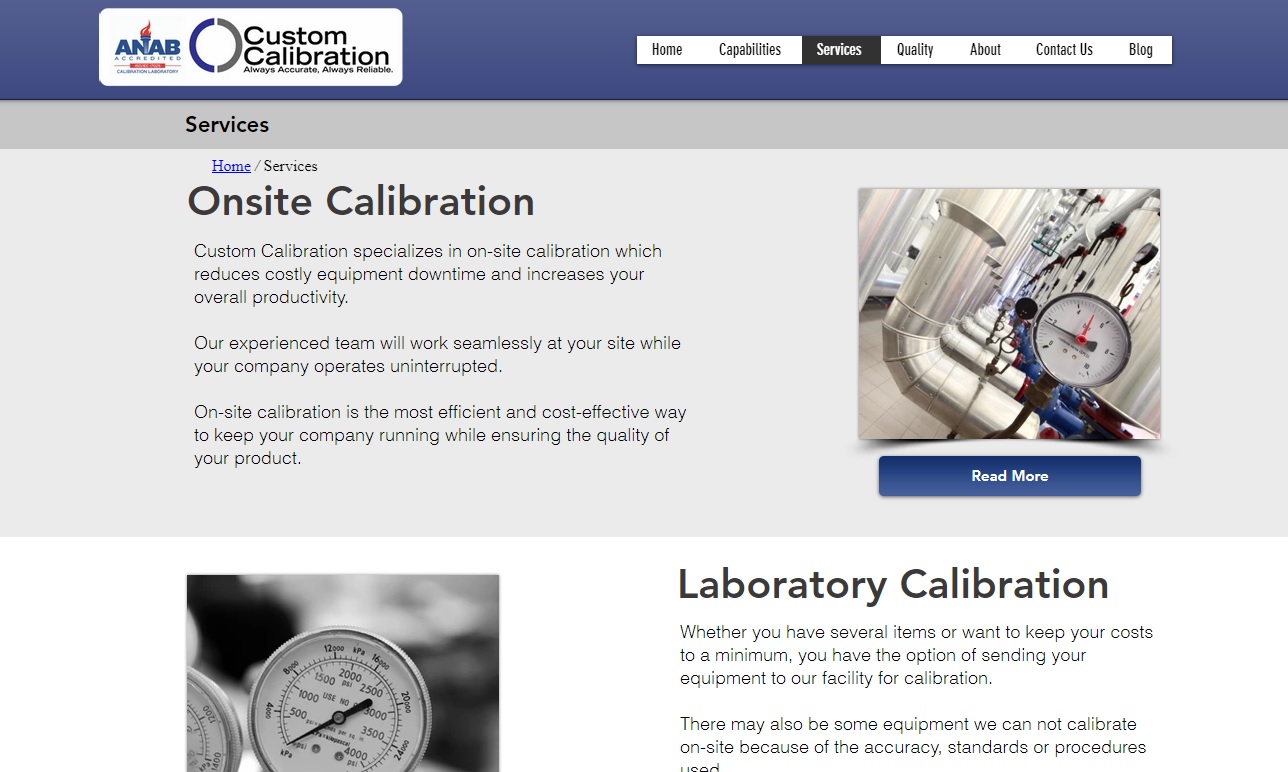
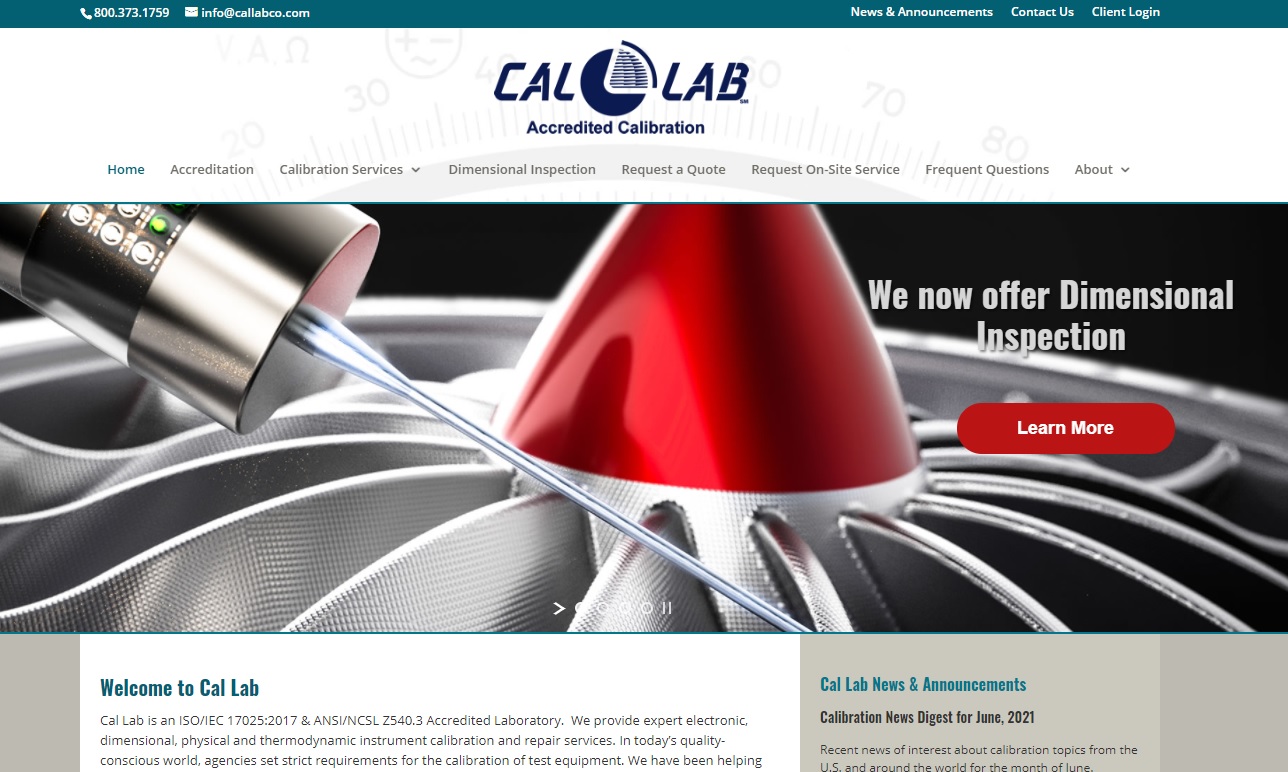
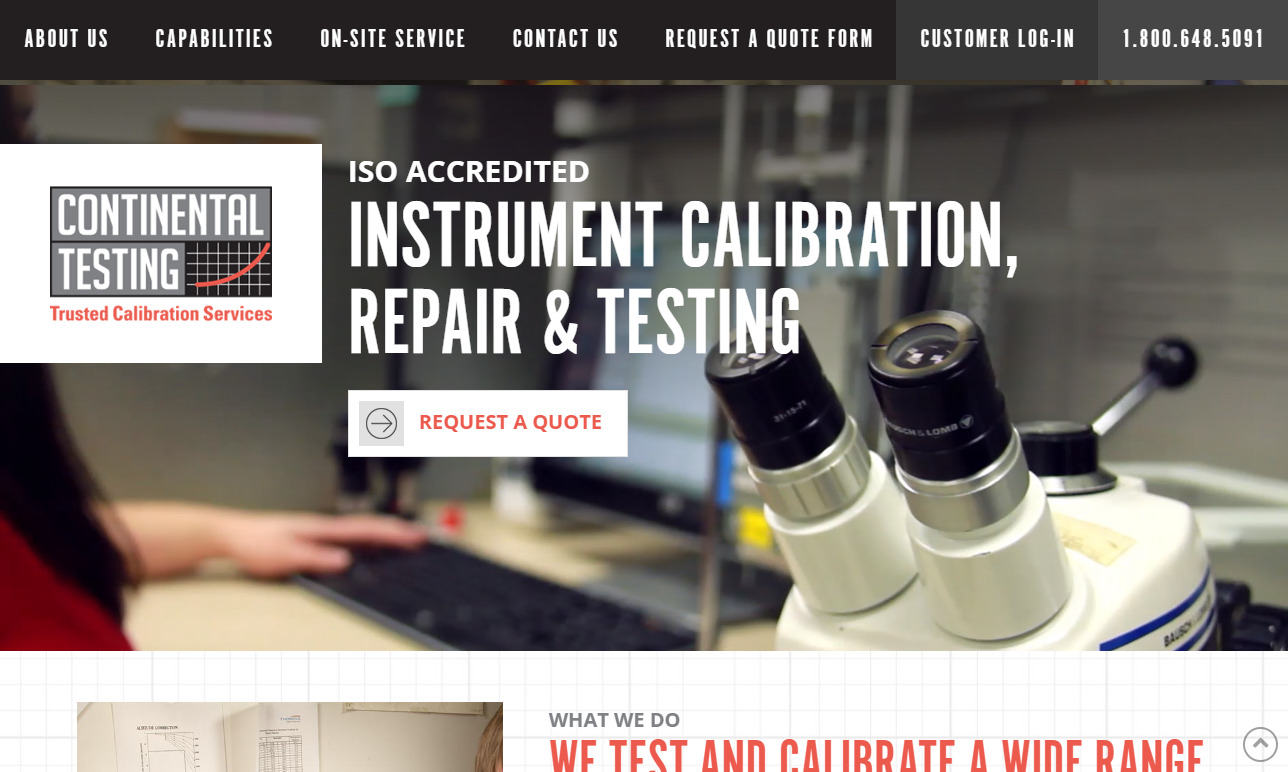
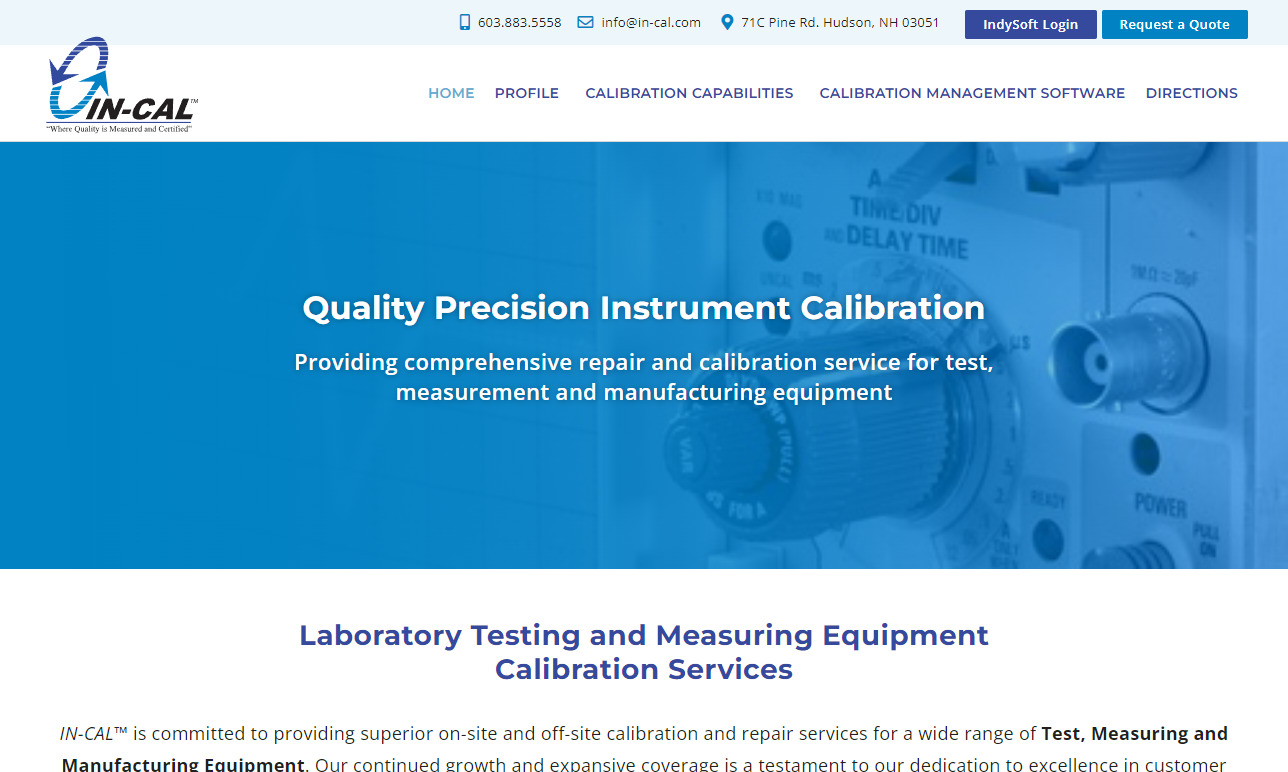

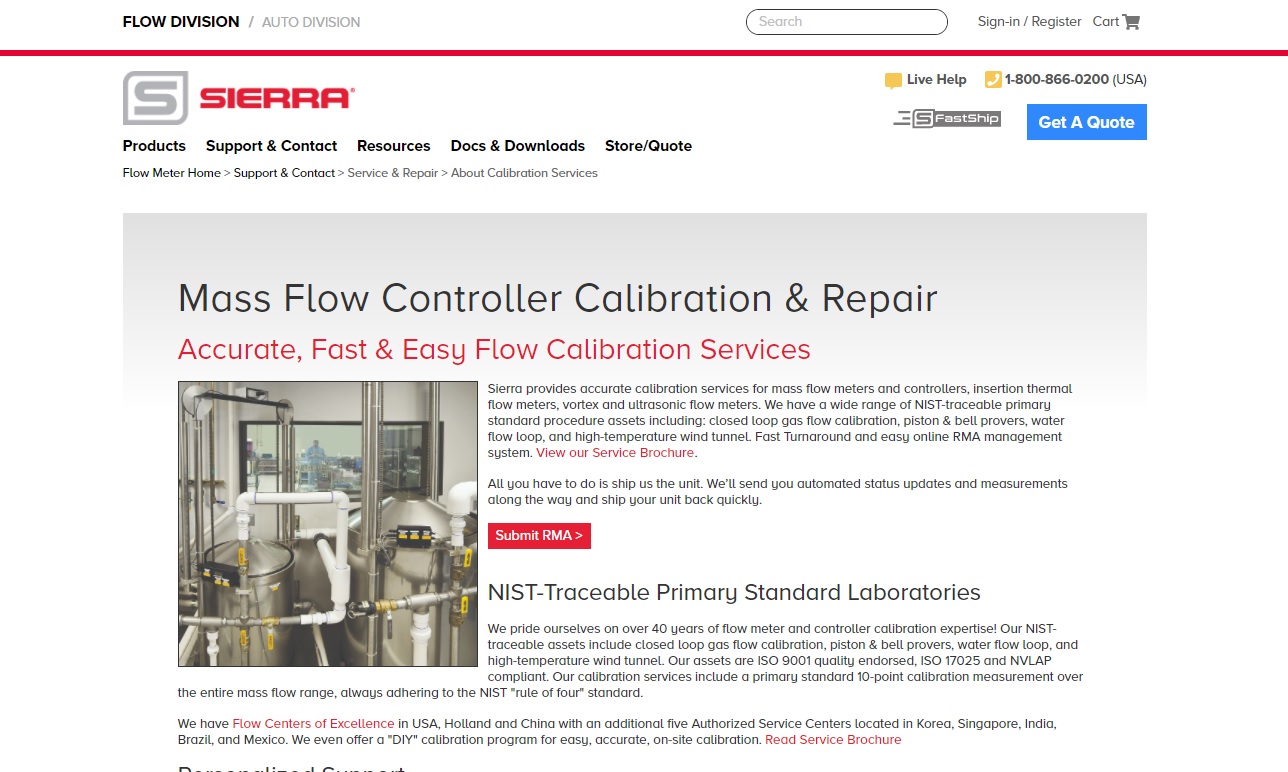
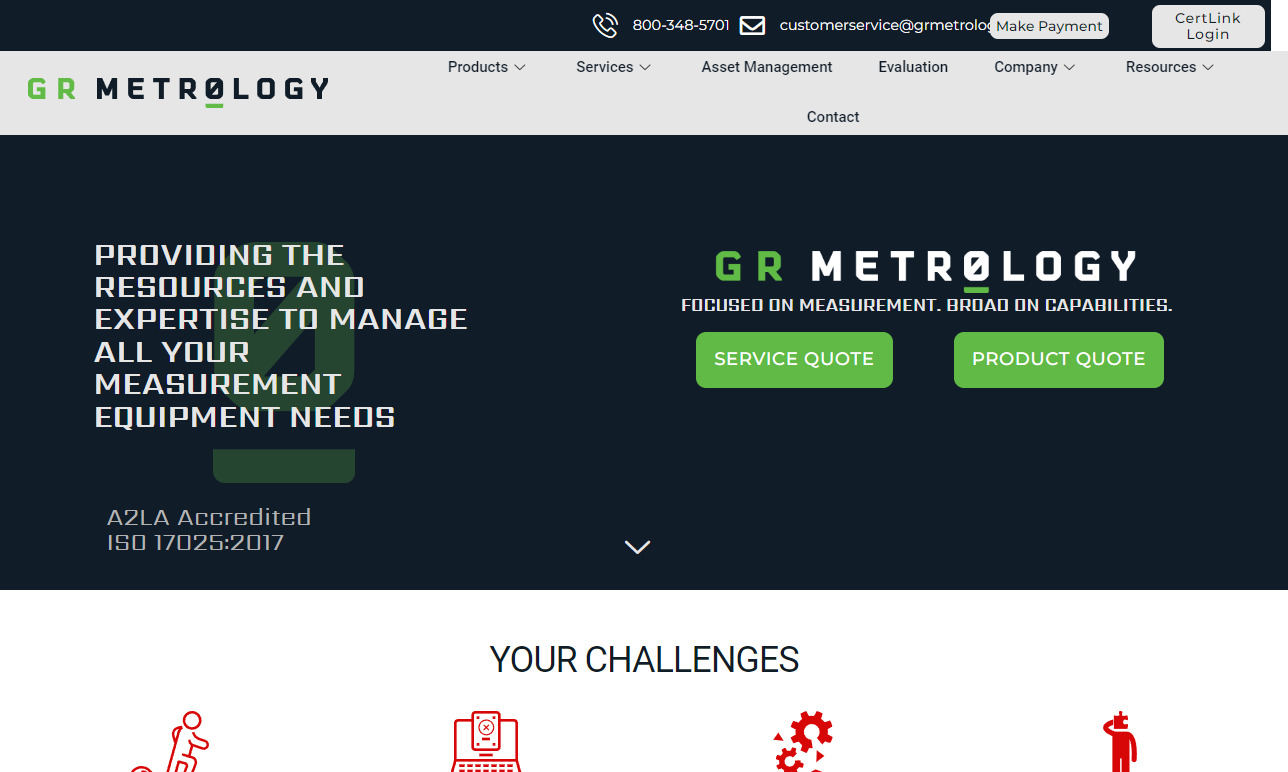
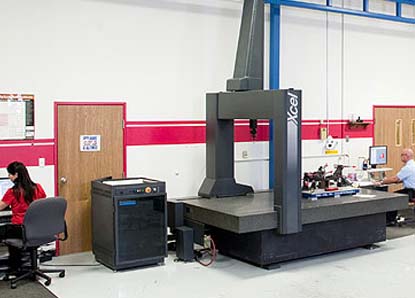
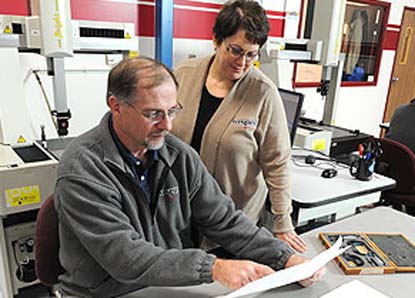
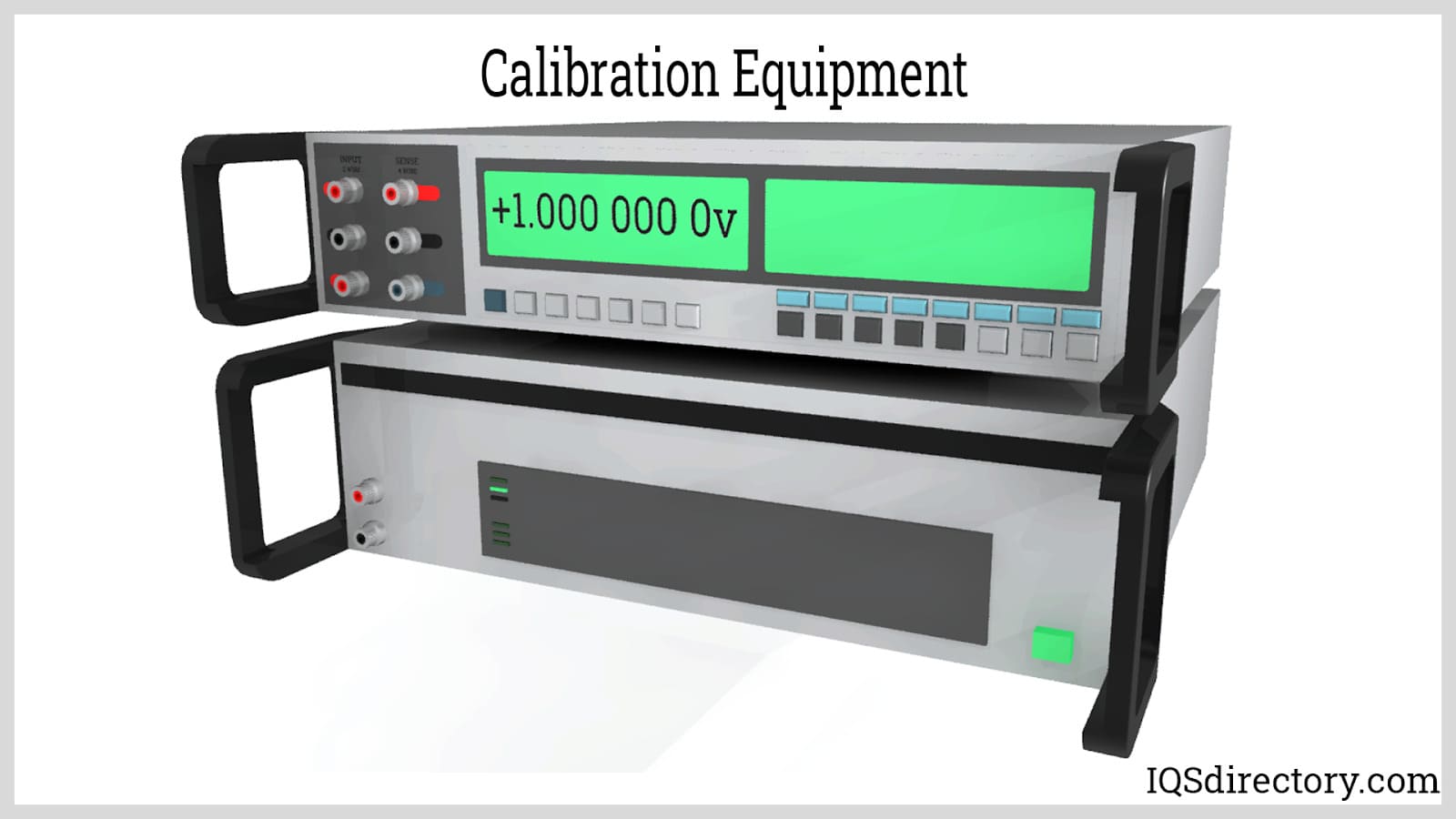
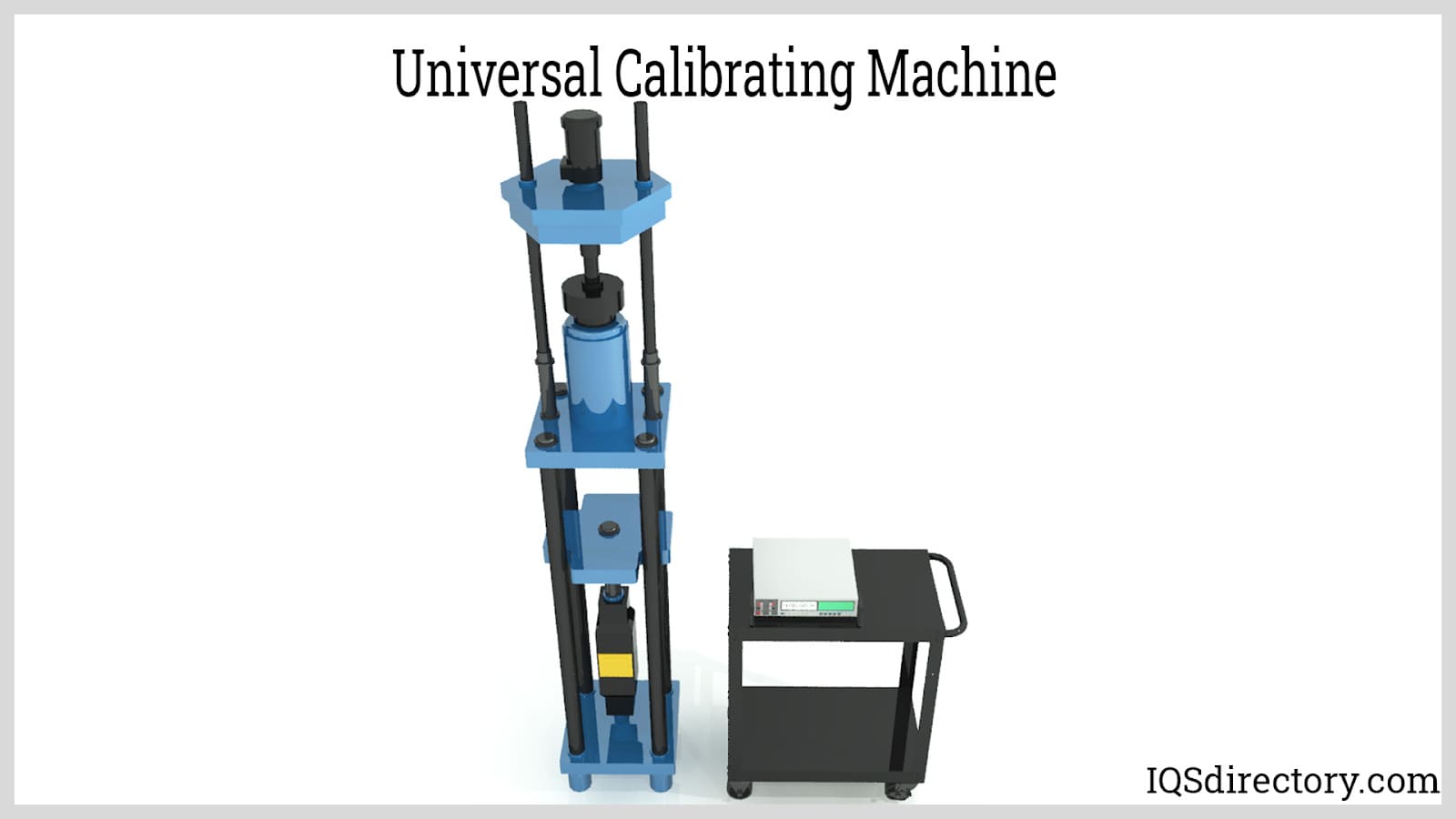
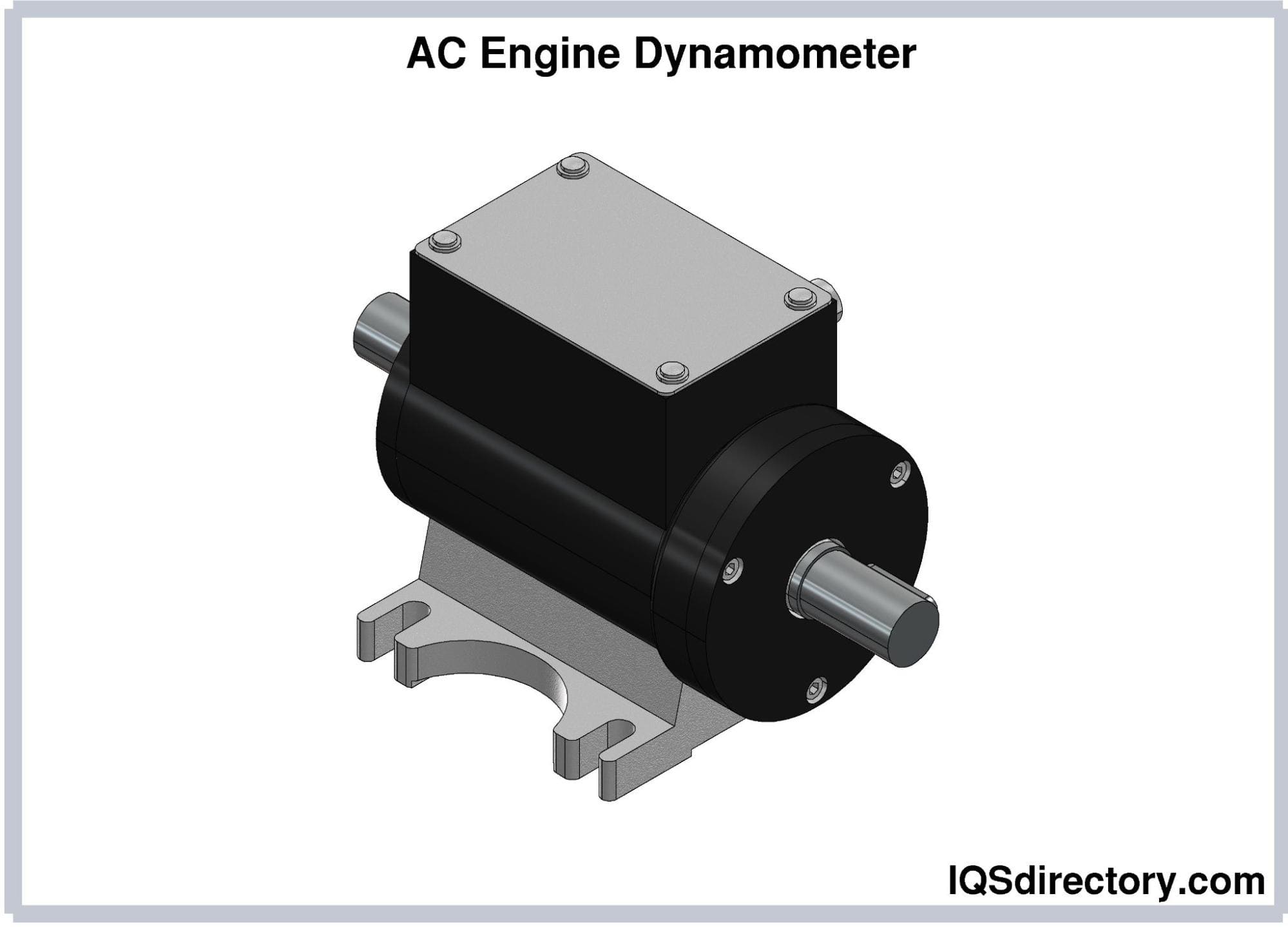
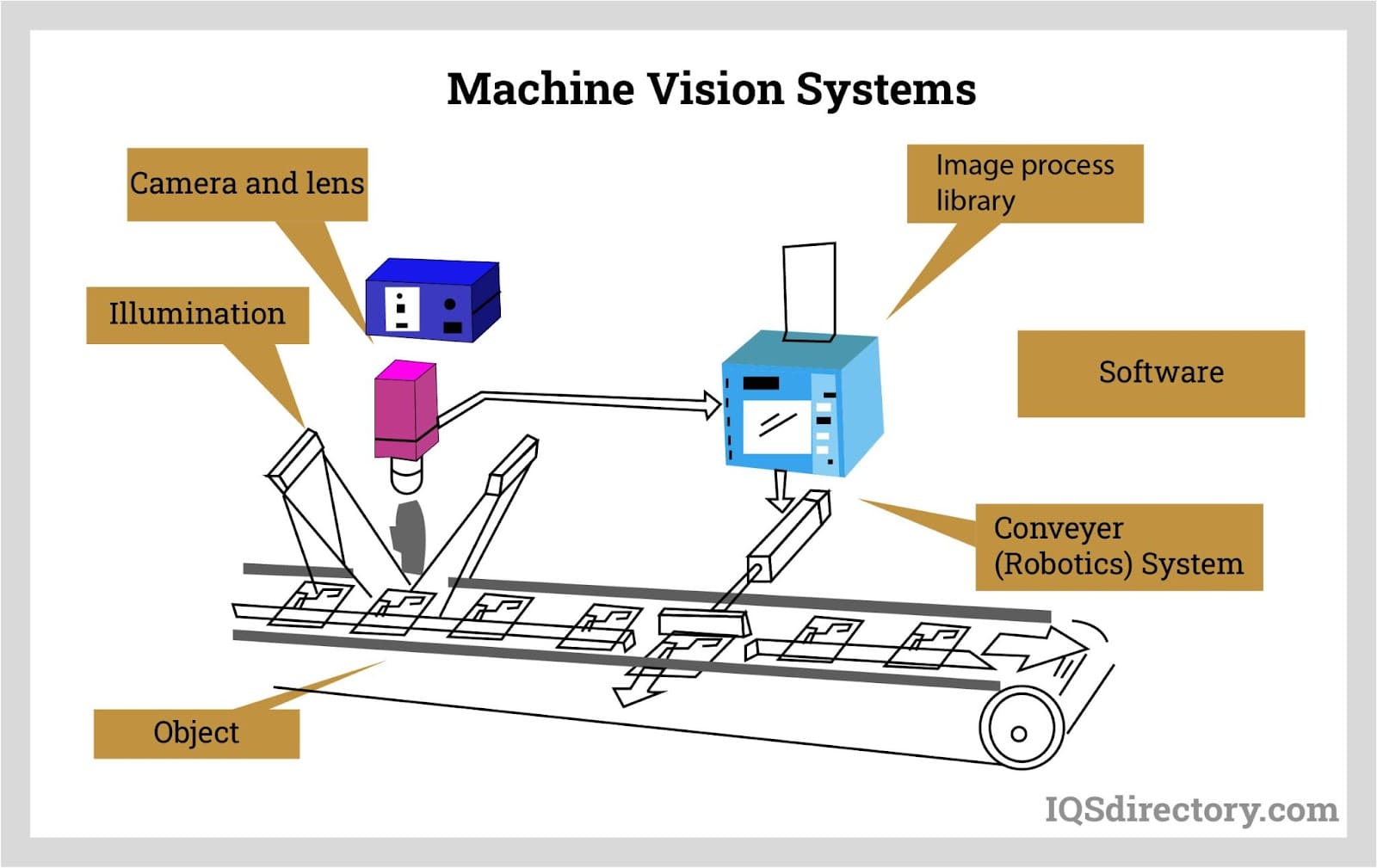
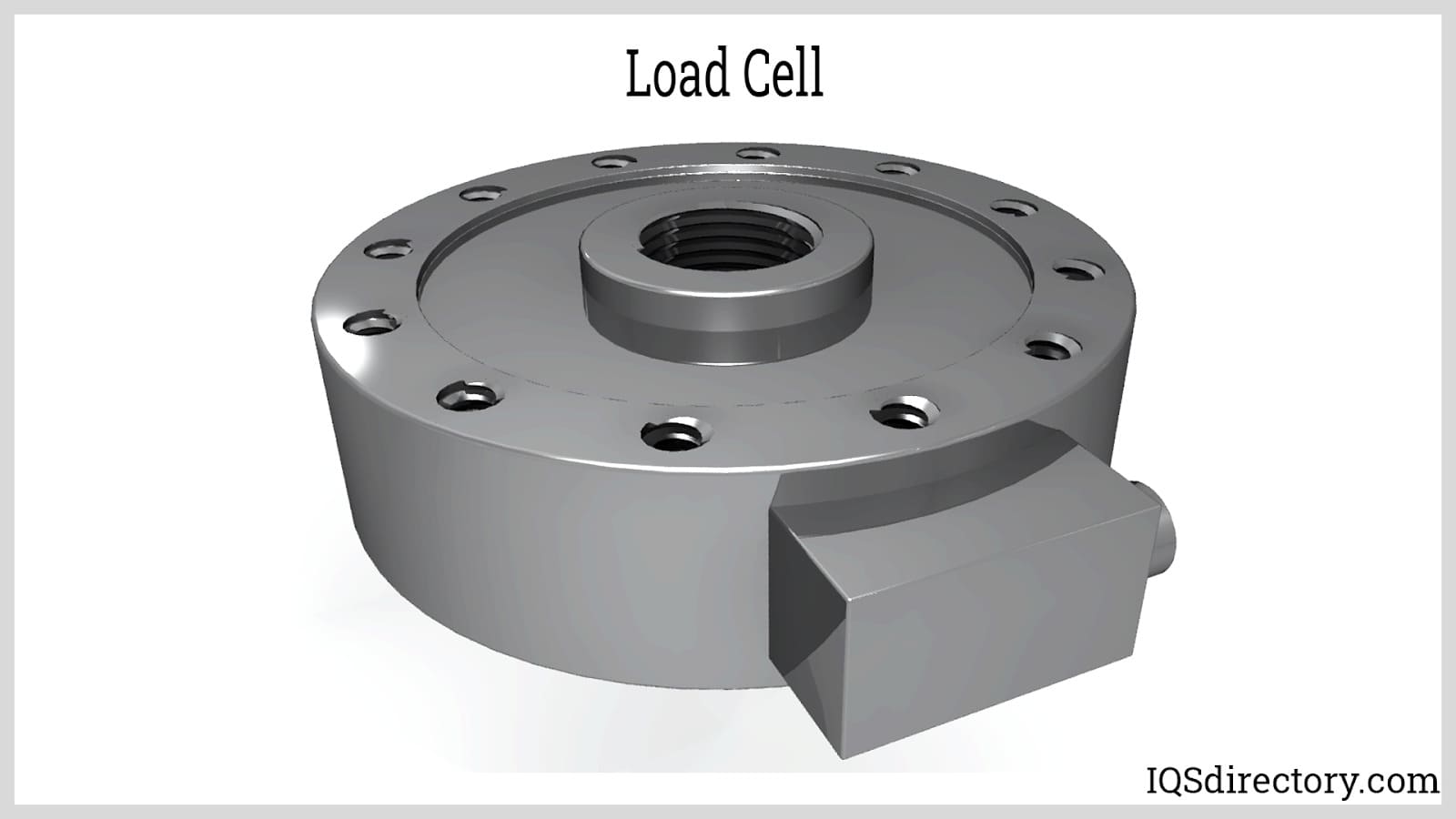
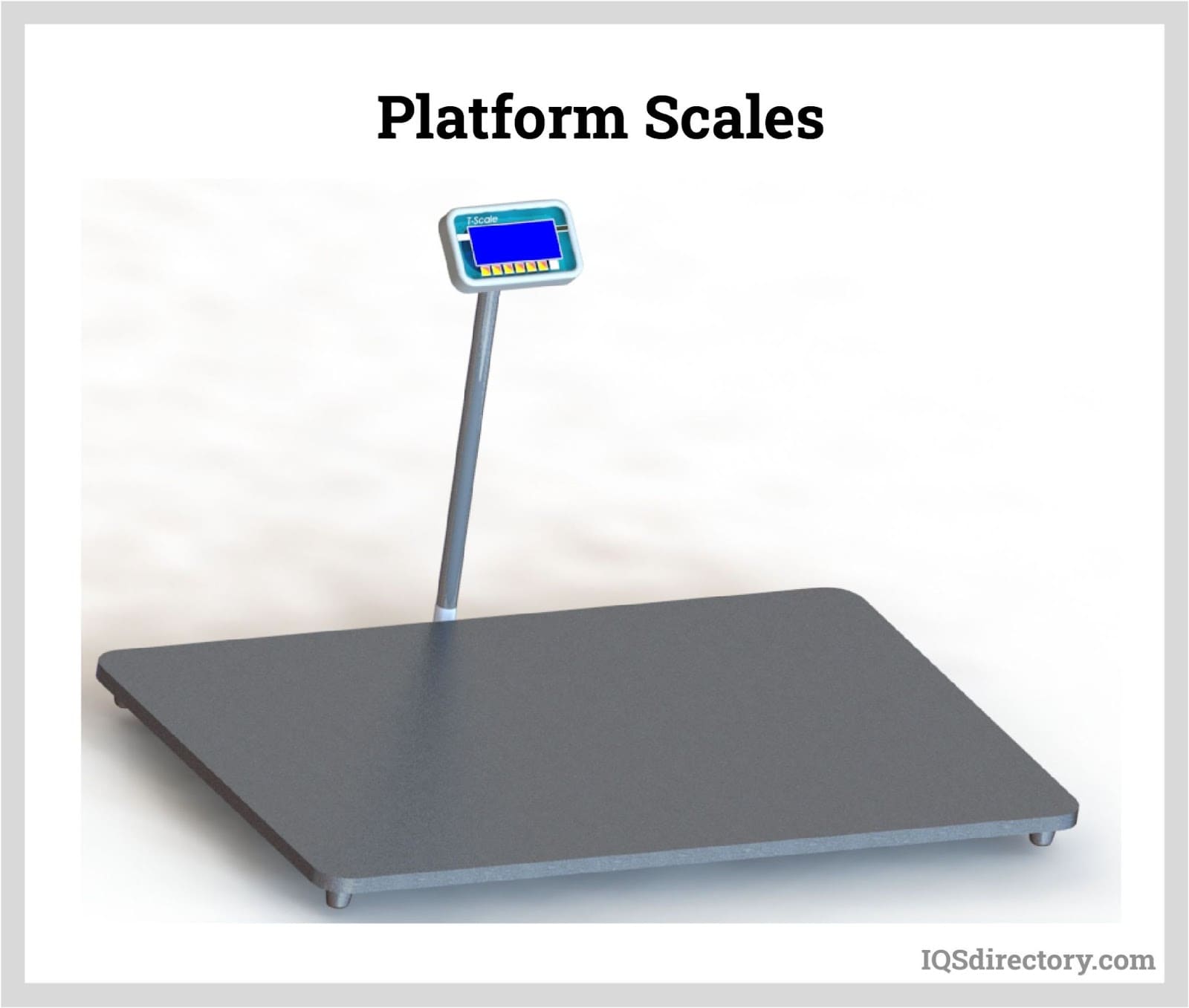
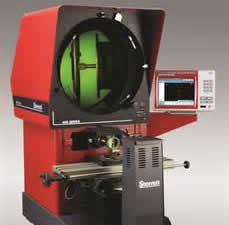 Calibration Services
Calibration Services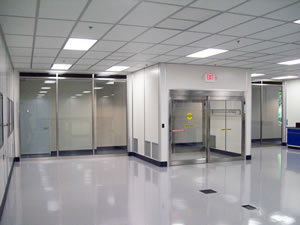 Clean Rooms
Clean Rooms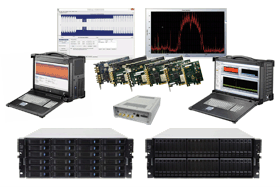 Data Acquisition Systems
Data Acquisition Systems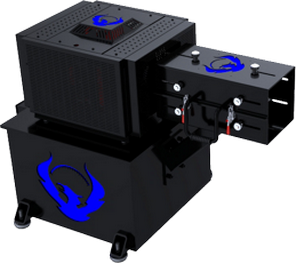 Dynamometers
Dynamometers Environmental Test Chamber
Environmental Test Chamber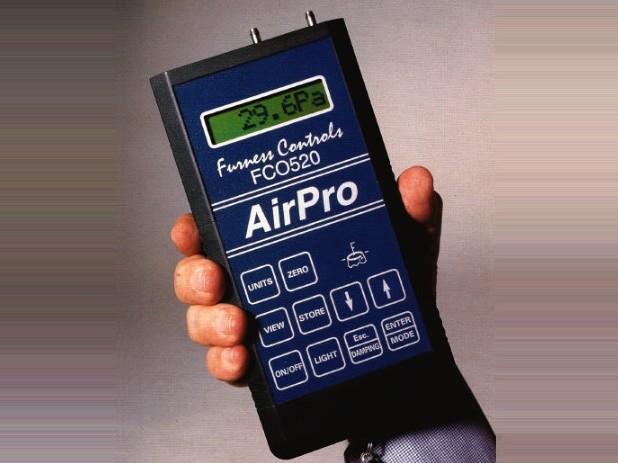 Leak Detectors
Leak Detectors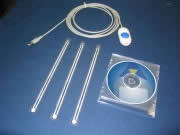 Load Cells
Load Cells Machine Vision Systems
Machine Vision Systems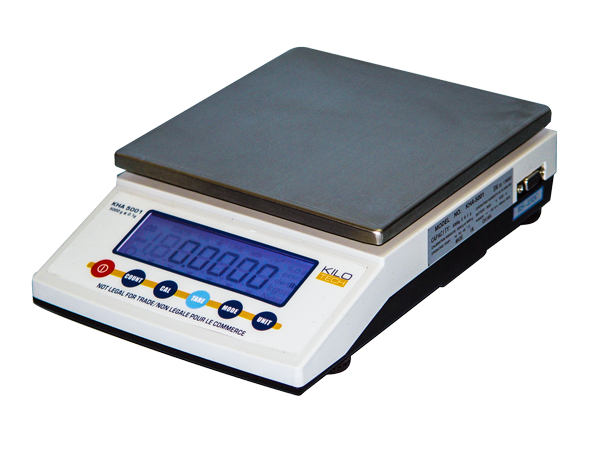 Scales
Scales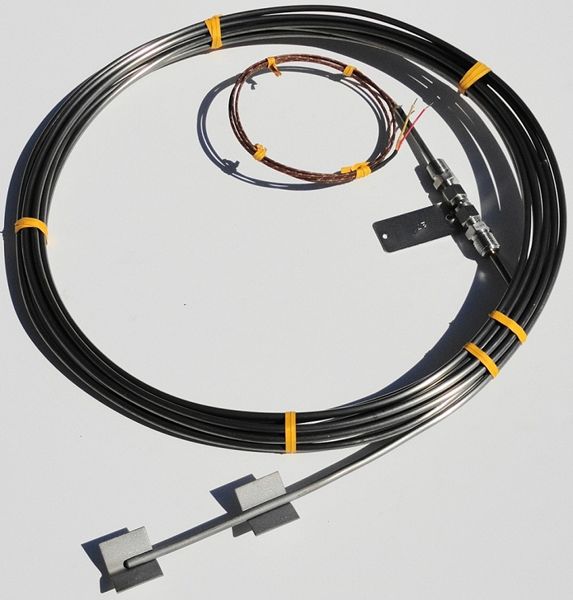 Thermocouples
Thermocouples Castings & Forgings
Castings & Forgings Bulk Material Handling
Bulk Material Handling Electrical & Electronic Components
Electrical & Electronic Components Flow Instrumentation
Flow Instrumentation Hardware
Hardware Material Handling Equipment
Material Handling Equipment Metal Cutting Services
Metal Cutting Services Metal Forming Services
Metal Forming Services Metal Suppliers
Metal Suppliers Motion Control Products
Motion Control Products Plant & Facility Equipment
Plant & Facility Equipment Plant & Facility Supplies
Plant & Facility Supplies Plastic Molding Processes
Plastic Molding Processes Pumps & Valves
Pumps & Valves Recycling Equipment
Recycling Equipment Rubber Products & Services
Rubber Products & Services